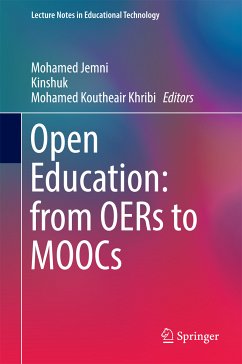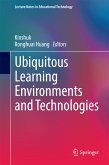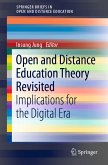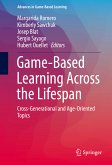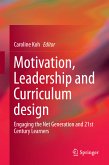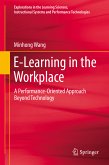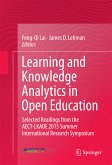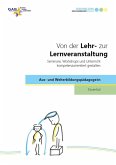This book focuses on the emerging phenomenon of Massive Open Online Courses (MOOCs), which are changing the fundamental underpinning of educational systems worldwide and forcing educators and other stakeholders to re-think the way instruction is currently conducted. It examines the origins of MOOCs within the context of the open education movement, and reviews current policies, guidelines and initiatives to promote the use of ICT in education through the development and use of open educational resources from international practices, including implementation and licensing issues. With a particular focus on new trends in MOOCs, the book explores the potential of this emerging paradigm, its rise and its impact on openness in education. Various new initiatives are also presented, including more global examples and those that are more geared to certain regional contexts. The book is intended as a stepping stone for both researchers and practitioners who are looking to approach MOOCs from a holistic perspective.
Dieser Download kann aus rechtlichen Gründen nur mit Rechnungsadresse in A, B, BG, CY, CZ, D, DK, EW, E, FIN, F, GR, HR, H, IRL, I, LT, L, LR, M, NL, PL, P, R, S, SLO, SK ausgeliefert werden.

